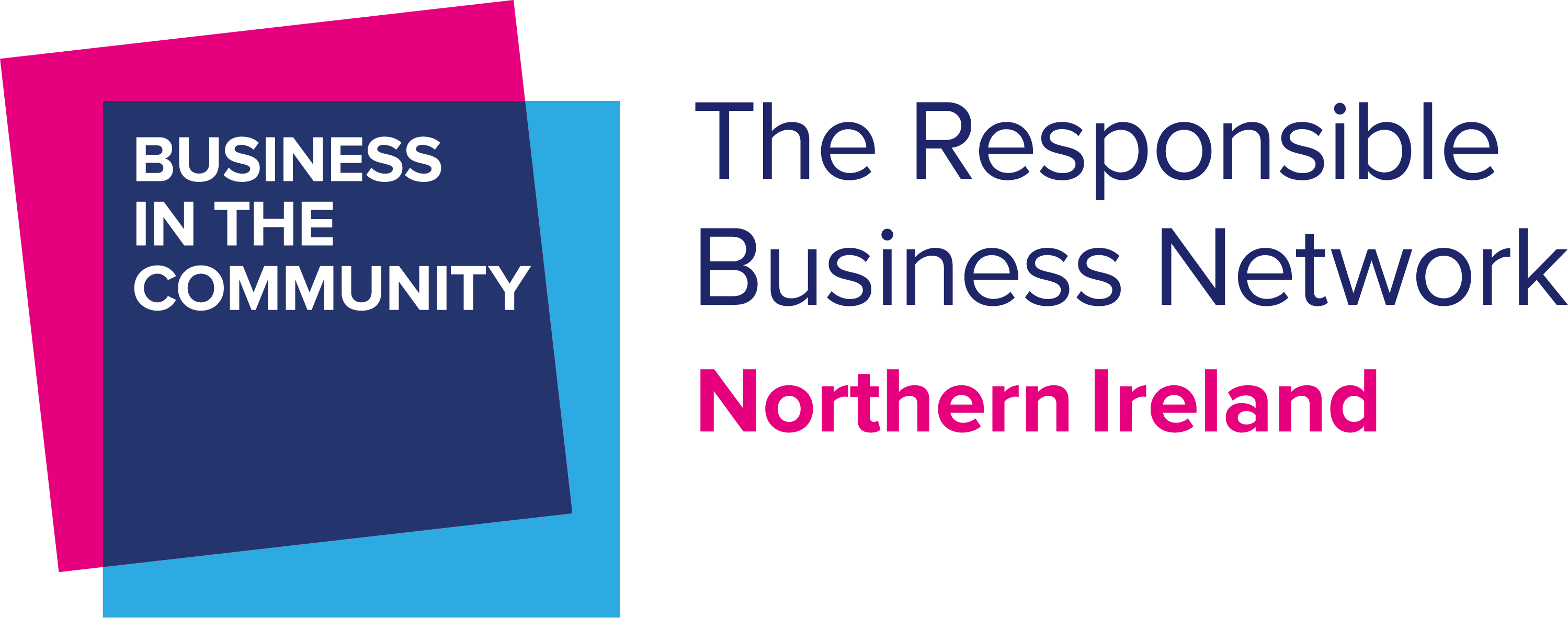Education, Employment & COVID-19 – how responsible business can help the most vulnerable
Last month was exam results month and what a hot topic.

Almost 40% of A level grades awarded across the UK last month were lower than teacher’s predictions. Following mounting pressure on the government, the NI Executive agreed to scrap the controversial moderating system and award GSCE grades, based on teachers’ predictions. My thoughts go out to all our young people, parents and teachers caught up in the ‘chaos’.
What a different experience this year for young people getting results.
Leaving aside the contentious grades debacle, let’s rewind to August 2019. Students were planning big celebration parties, hugging granny without caution, carrying hand gel only at music festivals, and thinking a face mask was a 30 minute detox treatment. Since then, many have missed out on starring roles in school plays, school formals and other significant school-life events.
The class of 2019-20 were out of the classroom learning environment for more than a third of the teaching year. School closures have put increased pressure on parents and teaching staff in terms of childcare, education and wellbeing. Most worryingly, in many cases the move to home schooling will have put the educational outcomes of some of our most vulnerable children at risk. There are reasons for this: from digital exclusion; confidence and capacity of parents to home school; and the impact felt by families who rely on free school meals.
It is well documented that children from poorer backgrounds suffer the effects of summer learning loss more acutely than those from well-off households (1). This will likely be mirrored in the disruption caused by COVID-19 exacerbating educational inequality and attainment.
The UK has moved into the deepest recession in its history after GDP contracted by more than 20% in the second quarter this year. Youth unemployment has in parts doubled during lockdown and experts are predicting that unemployment could rise to more than 12% when the Job Retention Scheme ends. The Plan for Jobs 2020 outlines proposals to help retain, support, protect and create jobs. It includes initiatives like the Job Retention Bonus scheme, Kickstart and programmes to boost skills and apprenticeships. What seems to have been overlooked in the ‘Plan’ is how we are going to ensure the most vulnerable, in terms of educational attainment and skills, are not left further behind as we build back. I implore government, policy makers and practitioners to ensure we design and implement recovery plans that ensure no one is left behind.
What can businesses do to help?
NI businesses are already helping. There are good examples of NI companies supporting schools, parents and the unemployed during this uncertain time. Everything from the donation of stationary, IT/tech equipment to families in need to help with home schooling, to the development of online career and work insight resources for pupils and those not in work, via our Skills Match NI platform. Many companies and organisations – including Business in the Community – are converting traditional employer supporting volunteering programmes to online or blended learning versions where possible, to continue to provide support to our education system.
Companies need to do even more to embrace the Inclusive Employment agenda. Actively seeking opportunities to support, upskill and recruit from disadvantaged groups can help companies diversify their workforce and access new talent in addition to helping people improve their livelihoods in these unprecedented times. If we work together we can build back, and build back more responsibly, especially for some of the most vulnerable in our society.
For some examples of the types of programmes you could support, visit our website to find out more about Inclusive Employment and our work with Schools and Young People, or email clairel.gordon@bitcni.org.uk.
References:
(1)Quinn, D. & Polikoff, M., 2017, Summer learning loss – what is it, and what can we do about it


